Dhaka, Nov 13 (V7N)- BNP Secretary General Mirza Fakhrul Islam Alamgir stated today that implementing a proportional electoral system in Bangladesh is impractical, despite recent debates on constitutional reform. Addressing a press conference from his residence in Kalibari, Thakurgaon, Fakhrul affirmed that the BNP does not support this system, deeming it unsuitable for the country's unique context.
Bangladesh currently employs the First Past the Post (FPTP) electoral system, where the candidate with the most votes wins each constituency. In contrast, the Proportional Representation (PR) system, gaining attention in reform discussions, allocates parliamentary seats based on each party's share of the total vote, without direct candidate representation per constituency.
During his address, Fakhrul called for unity and resilience among citizens, emphasizing the need to overcome divisions created by the ruling Awami League. "We aim for a united nation, upholding the core principles of independence, democracy, sovereignty, and human rights. Unity does not mean a lack of diverse perspectives, but rather agreement on essential national values," Fakhrul said.
Acknowledging the need for electoral reform, Fakhrul voiced support for fair elections and suggested providing the government with a "roadmap" to facilitate timely elections. He clarified that most reforms should be implemented by a newly elected parliament, underscoring the importance of a neutral and inclusive election process.
Fakhrul also expressed concerns about India's perceived influence on Bangladesh's political climate. He warned of the dangers posed by external forces, cautioning that social media campaigns might undermine Bangladesh’s achievements. "We must remain vigilant to prevent any potential crises, as we cannot afford another catastrophe. The origins of fascism linger in India," he cautioned.
Following the decline of Awami League's popularity, parties like Jamaat-e-Islami have advocated for the PR system in national elections, though Fakhrul’s remarks suggest BNP’s clear stance against its adoption.
END/MSS/AJ



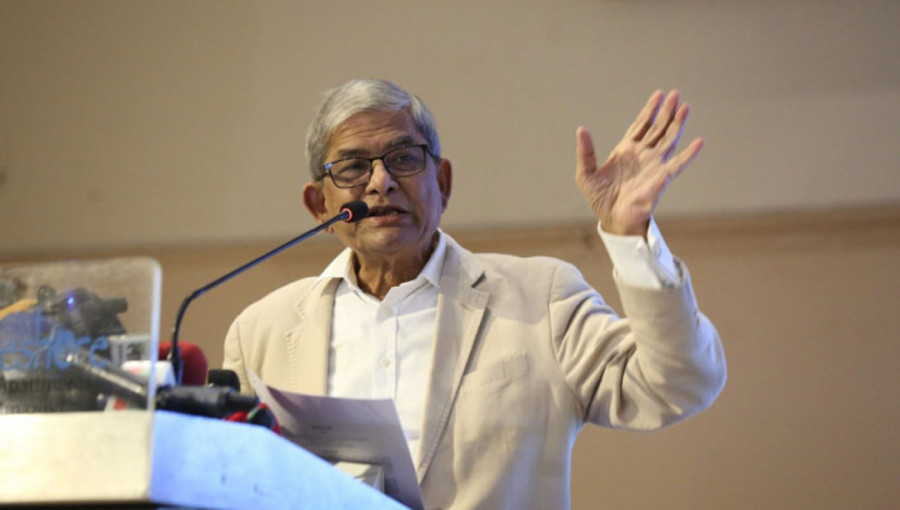

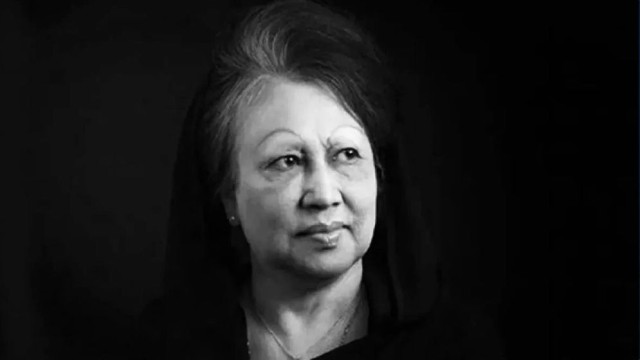

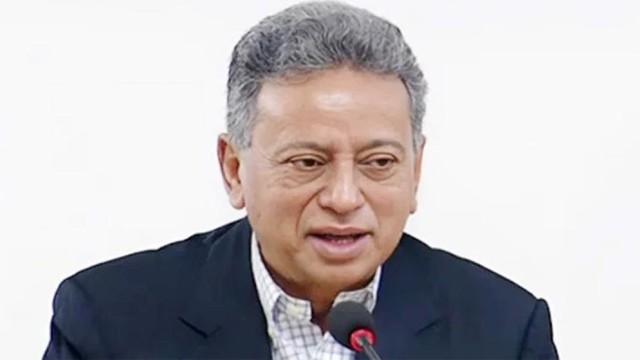


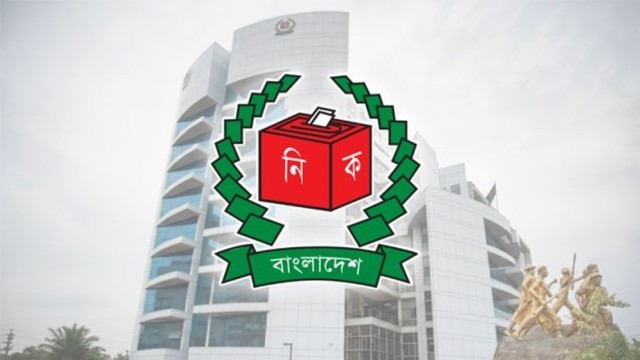


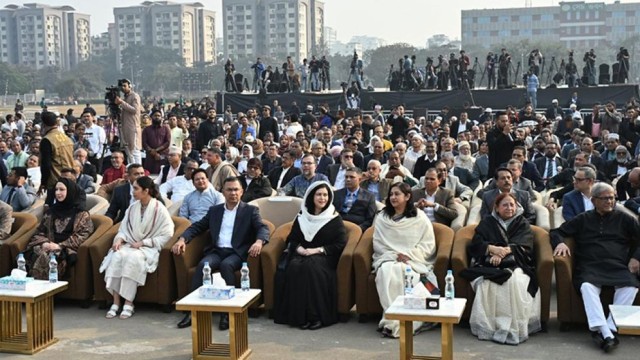

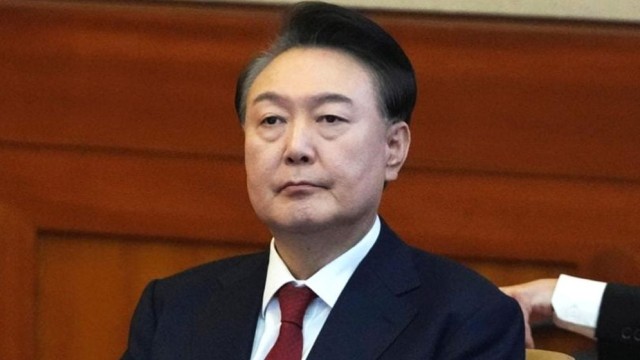

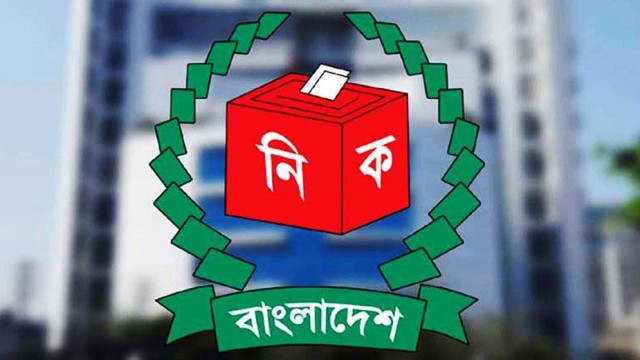












Comment: